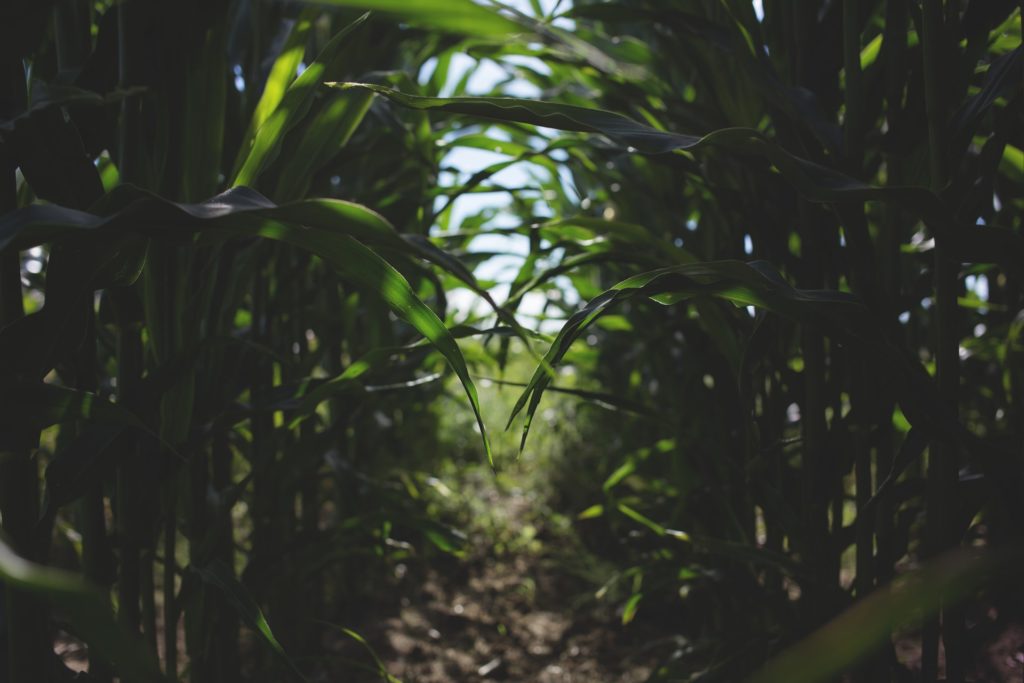If you’re a farmer or are growing your own plants during quarantine, there are all sorts of things that can go wrong on your path from seed to crop. While you can’t necessarily control some factors of growing plants like sun or weather, there are still some ways that you can protect your crops as you’re planting and tending to them. One of the biggest risks to the well-being of your plants comes from other animals and pests.
There are dozens of different ways to keep pests away from your crops, which vary in price and based on your own ethics. Here are some of the best ways to keep animals at bay as you look to grow plants, produce, and more.
Treat your seeds before you plant them.
When people consider the many pests and vermin that may eat their seeds, they probably don’t think of birds first, but they should. Birds can eat up your seeds before they ever take root. Later, as your plants grow, they may tear them apart in order to use their materials for building nests. If you’re already placing birdseed near your garden, you might be inadvertently inviting birds to cause trouble without even realizing it.
Thankfully, it’s possible to do treat seeds before you plant them with a repellent. Non-lethally treated corn seed can keep birds at bay every hour of the day, whether you’re protecting seedlings or fully matured crops. Especially if you’re worried about grackles, crows, and starlings wreaking havoc on your plants, planting the treated seed, such as sweet corn seed, is an excellent insurance policy that ensures you’ll have sweet corn to eat and sell later in the season. Sweet corn seed that’s treated is very safe for humans — the seed treatment will just keep the birds away!
Use natural insecticides to keep bugs away.
If you’re worried about bugs (and you should be!) natural insecticides are a great way to discourage their presence without hurting your plants. Especially if you’re growing peppers, tomatoes, or sweet corn to eat, the last thing that you want is to have to worry about ingesting harsh chemicals used to treat your plants. At the same time, you don’t want to bite into a tomato and see half of a worm, so it’s important to use some form of insecticide to keep aphids and mites away from your plants. Here are just a few natural alternatives to chemical pesticides:
- Mix soap and water to dehydrate mites and aphids.
- Lure slugs and snails away with a saucer of beer.
- Bury a garlic clove to keep household plants healthy.
Practice crop rotation.
If you’re a farmer you probably already do this, but it bears repeating. Crop rotation can help deter vermin and other pests from messing with your plants by discouraging them from returning to the same place time and again for food each year. Especially if you only garden seasonally, it’s important to rotate the area you’re planting these items. Not only is it a good way to ensure wild animals don’t associate the spot with free food, but it also improves your soil health which can make a significant difference in promoting a higher yield of crops.
Planting herbs to keep pests’ needs met.
Not all insects or pests are as detrimental to your garden as others. In fact, some insects, like swallowtail butterflies, are just looking for a plant to lay their eggs on. Of course, if that plant happens to be an important part of your crop, their caterpillars will chew on your plants when they hatch, which isn’t what you want. That being said, butterflies are a beautiful complement to your garden as long as they aren’t ruining your plants at the same time. Planting herbs like cilantro and dill can ensure that swallowtail caterpillars have a way to feed without destroying your garden in the process.



